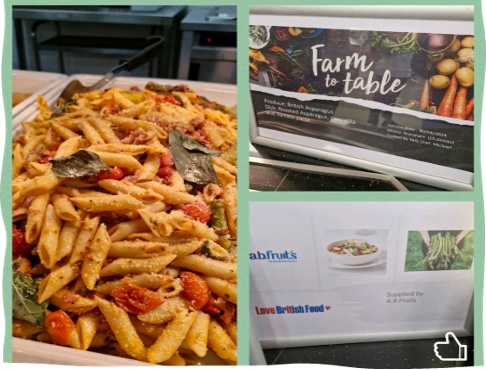Most of the following ‘down to earth’ great British foods have a firm evidence-base for key health benefits.
Other novel foods mentioned have fabulous potential for our health, but without enough evidence yet to make specific claims.
All can be part of a balanced diet = more plant-based, with fish twice a week minimum (at least one portion oily) inclusive of some red meat and dairy (or suitable alternatives for vegans and vegetarians) and as such have important roles for our immune systems too
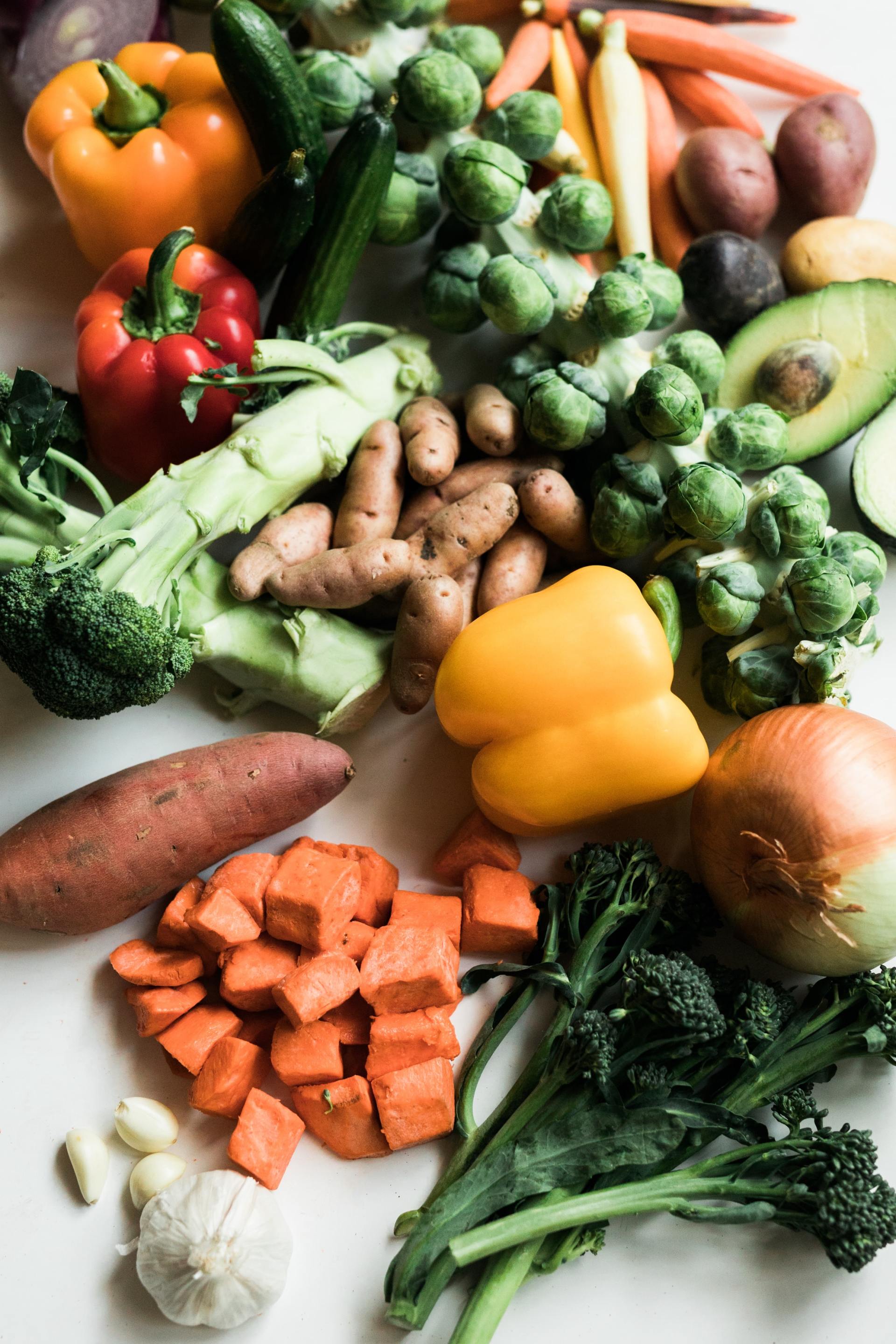
Fibre: natural prebiotic for gut health
Fermented Foods: natural probiotics for Gut Health
These foods have been fermented so are already brimming with good bacteria and their beneficial products of fermentation as described above.
Bio-live yogurt, Yakult, Actimel, Marmite, Vegemite, Sourdough (bacteria inactivated on cooking but beneficial fermented products still present), Blue cheese.
Less well known but wonderful! Sauerkraut, Kimchi, Miso & Kefir – an ancient fermented milk drink (meaning ‘Live Long’ in Turkish) bursting with billions of beneficial bacteria and yeasts. Now being made with British milk – UK suppliers below.
Fish
Oily, pink fish are especially good choices as they contain Astaxanthin, an antioxidant and precursor to Vitamin A, both of which have a role in ensuring the cells of the immune system function correctly. Two types of Omega 3 in fish are also well known to regulate the immune system. (see below)
British trout (often good value), mackerel, salmon and even tinned sardines☺
Antioxidant-rich foods
These micro-nutrients constantly protect us from cell damage by removing potentially harmful by-products of our ‘everyday’ metabolism. This ensures our cells are able to function correctly. As the immune system has many different types of cells with many different functions, antioxidants are essential. We make our own antioxidants but when our need is increased, extra from our food is a great help.
Brassica vegetables like Sprouts, Watercress, Broccoli, Cabbage, Kale and Cauliflower, colourful fruit and veg like Carrots, Tomatoes, Beetroot & Sweet Potato, Spinach Blueberries, Blackberries & Apples (skin on). Pink Fish. (Happily – Dark Chocolate, Red Wine☺, Tea, Coffee and also Green tea, Matcha tea, Turmeric and Olive Oil)
Vitamin C
Our immune system has a high demand for energy due to constant cell multiplication and the movement of these immune cells to potential infection sites around the body. Vitamin C has a key role in making the energy in our food available for our body cells. Vitamin C also enables immune cells to kill germs and recover afterwards and is important in the chemical signalling which attracts immune system cells to the area in the body that needs them. We also need Vitamin C to make our own antioxidants.
Tomatoes, Watercress (weight for weight more than an orange!), Spinach and other green vegetables, Potatoes, Oranges and other Citrus fruits, Berries, Peppers, Kiwi & British Sea Buckthorn – see note at end.
Vitamin A
Essential to ensure immune cells are able to function correctly as well as providing ‘barrier’ immunity within the mucosa of our gut wall and airways.
Meat, oily Fish, Poultry, Dairy (especially whole fat as this is a fat-soluble vitamin), Liver and Kidney, Carrots, Sweet potatoes, Watercress and other leafy greens, Tomatoes.
Vitamin E
This fat-soluble vitamin is an important part of cell membranes and has a vital antioxidant role. More recently it’s been associated with improved immune responses with increasing age.
Cold Pressed vegetable oils especially Rapeseed oil, Cod liver oil, Olive Oil, Nuts especially Almonds and Seeds, Wheatgerm, Potatoes, Green Leafy Veg, Fats and Spreads and fortified Breakfast Cereals.
Vitamin D supplement 10 mcg daily, all age groups and pregnancy
95% of our Vitamin D comes from the action of direct sunshine on our skin, so our stores are always low after the winter. Vitamin D is required by our immune cells in addition to its better-known role regulating calcium. (For healthy adults, 25mcg/ 1000IU is still well within the maximum safe daily dose.) Available in all pharmacies. If you already take a multivitamin or similar, check for its Vitamin D content.
Oily Fish such as salmon, sardines, herring and mackerel; Red Meat; Liver; Egg Yolks.
Unsaturated Fats; Omega 3 and 6
Both of these in the right balance have many health benefits including essential regulation of the immune system. Two types of Omega 3 are especially important and abundant in oily fish. Plant Omega 3 however needs to be converted by our bodies into these two forms already in fish, before we can get the same benefit, so non-fish eaters need a lot more from plant sources. (and most plants contain much more Omega 6)
Omega 3: Oily fish like trout, salmon, mackerel & sardines. Plant Omega 3: Rapeseed oil (also great for cooking as not denatured at high temperatures), Flaxseed, Walnuts, Almonds, Hemp and Algal oil.
Iron
Iron is used by our body cells for every energy-zapping process. The immune system has a high requirement for energy and iron stores can easily become depleted during growth and pregnancy or intense sport training programs. Top Tip for non-meat eaters – Iron in plants (non-haem iron) is poorly absorbed by our body as it’s in a different form to that found in meat (haem iron). Vitamin C and A convert this plant iron into a much more absorbable form so always make sure you have foods rich in Vitamin A and C in the same meal. (see above)
Red Meat (once weekly) Watercress & other Green Leafy Veg, fortified Breakfast Cereals, Quinoa, Wheatgerm, Bran, Tomatoes, Lentils and pulses.
Folic Acid (Folate) and Vitamin B12
Both of these are needed for the normal functioning of the immune system. Folate supplements are recommended before and during pregnancy when demand doubles. (400mcg daily). Vitamin B12 deficiency can occur in older age as long-term medicines and changes in the lining of the stomach can reduce our ability to absorb it from our food.
Vit B12: Fish, Meat, Dairy, Eggs, Fortified Breakfast Cereals, Marmite
Folate: Fibre-rich food (see above) including Leafy Greens, Beans and Pulses. Fortified Breakfast Cereals, Breads and Eggs.
Keep calm, keep active, get plenty of rest, eat and hydrate well!
Share:
You may also be interested in...
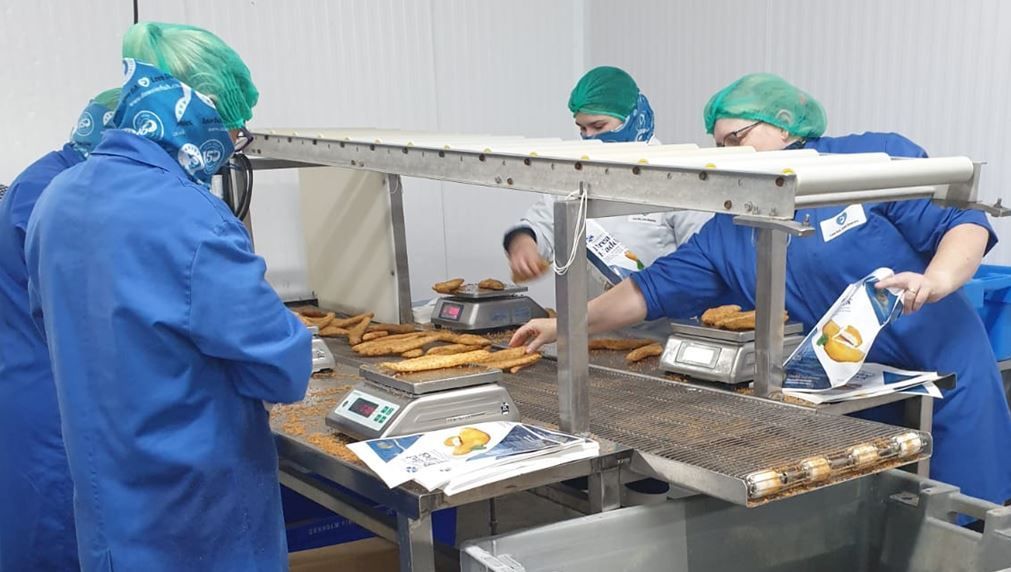
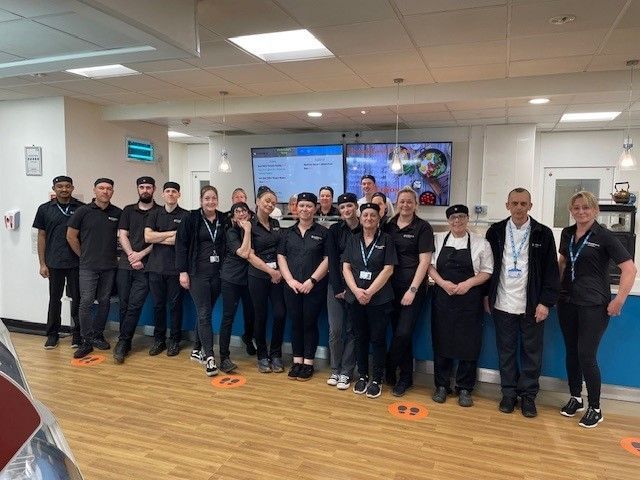

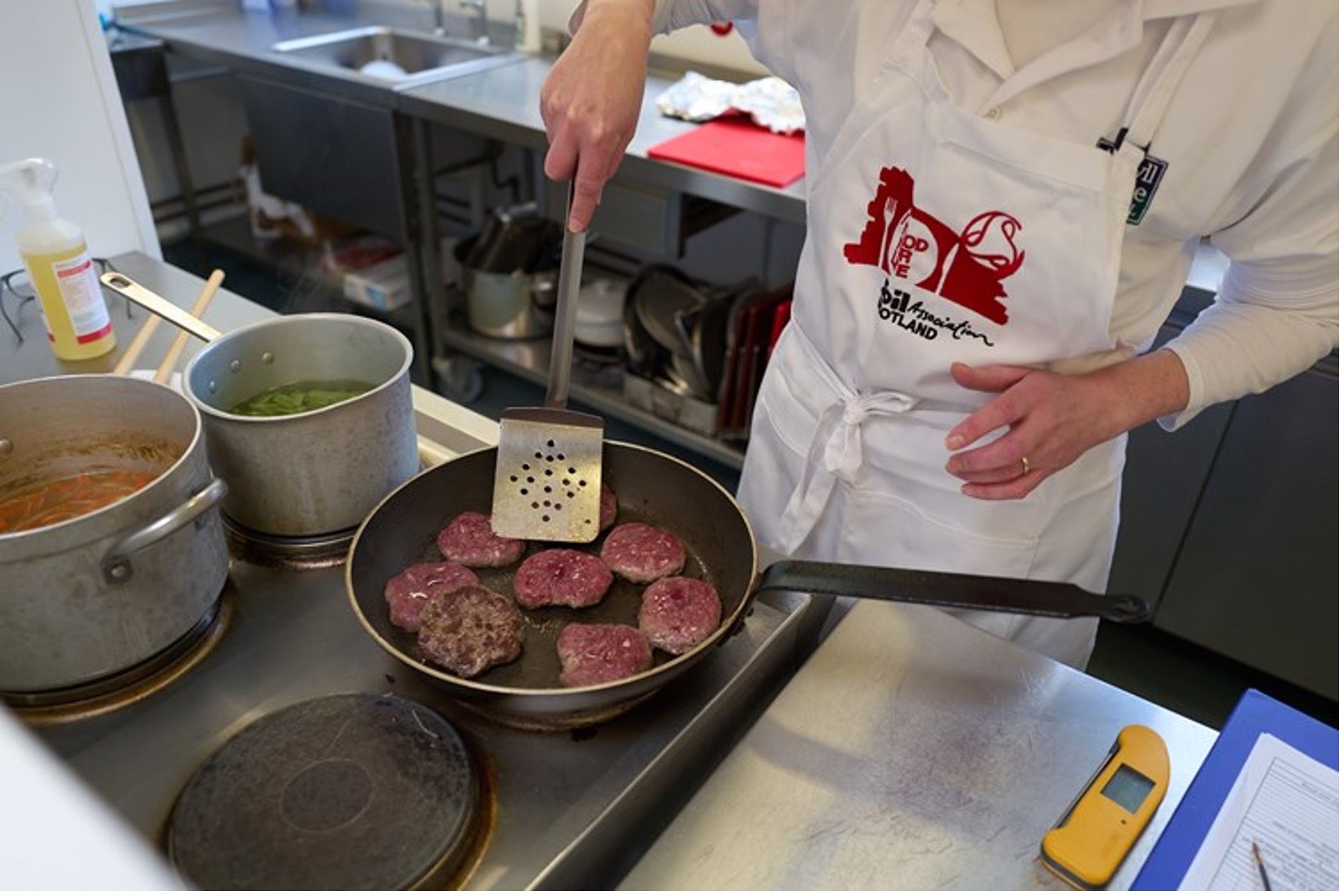




Slide title
Write your caption hereButton
Slide title
Write your caption hereButton
Slide title
Write your caption hereButton
Slide title
Write your caption hereButton

Slide title
Write your caption hereButton
Slide title
Write your caption hereButton
Slide title
Write your caption hereButton
Slide title
Write your caption hereButton
Don’t miss out!
Sign up to our newsletter and stay up to date with our latest news and events.
The campaign Love British Food, the national food celebrations ‘British Food Fortnight’ and their associated logos are trademarked and must not be used without the express permission of the owners, Love British Food. Companies or individuals wanting to use the logos or run promotions and activity in association with British Food Fortnight or Love British Food can work with Love British Food as a member or partner or with permission from the founder.
Love British Food


